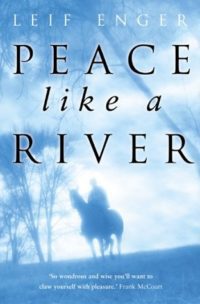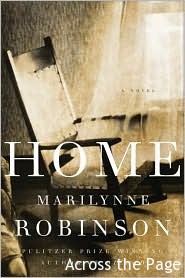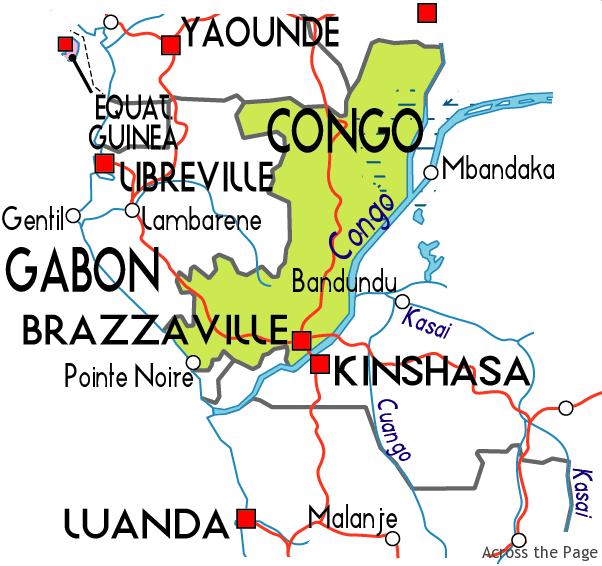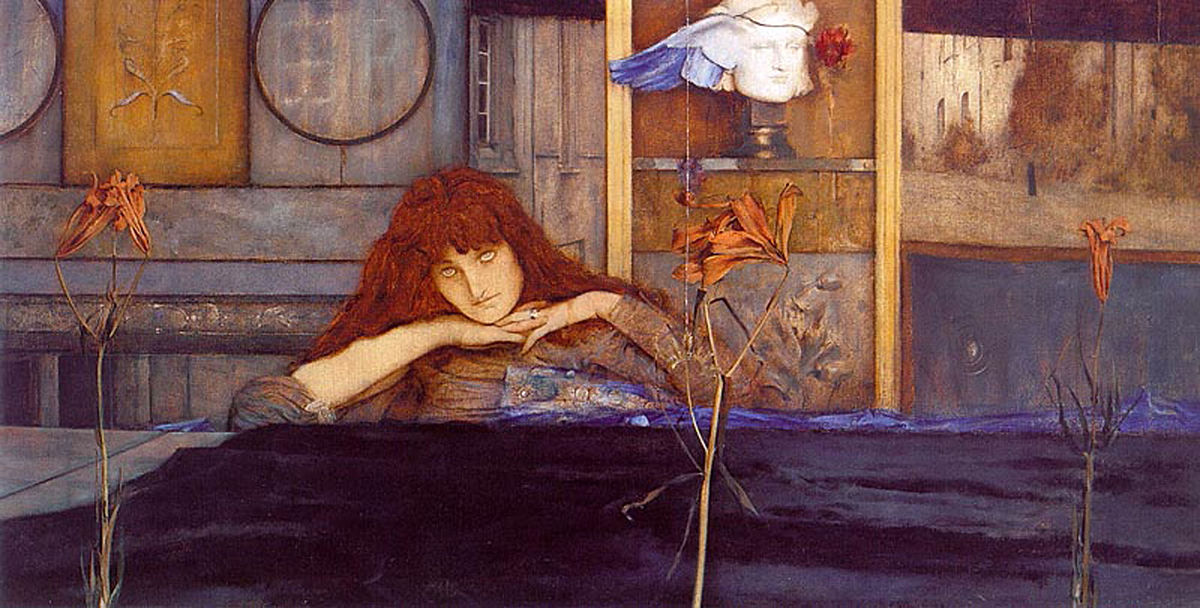Peace Like a River
How could I have forgotten — or did I somehow miss it before? — the power and mysterious beauty of Leif Enger’s Peace Like a River?
I pulled it off the shelf a few weeks ago to read aloud to my daughters, remembering vaguely that I had liked it when I read it over ten years ago. Had I remembered the plot in detail, I may not have chosen it as a read-aloud. But we would have been much the poorer for it.

The book takes place around 1960 and documents a year in the life of Jeremiah Land and his three children: Davy (16), Reuben (11), and Swede (9). Our narrator is Reuben, who tells us about his father’s miraculous healing abilities and close relationship with God, Swede’s obsession with writing epic western sagas, and Davy’s independent spirit and skill as an outdoorsman. The family’s rhythm is overturned when Davy shoots two intruders one night, then escapes from jail just hours before his sentencing. The rest of the tale narrates the remaining Lands’ voyage into the Badlands in search of Davy. (Yes, that’s right: the Lands go to the Badlands.)
Probably what captured the girls initially was the humor of Reuben’s narrative. He speaks with wit and a self-deprecating humor that made the book great fun to read aloud, and his descriptions of people, settings and his own internal drama show a keen eye and an honest heart. Though Reuben praises Swede’s writing abilities and intelligence countless times, we never regret that he is the one telling this story.
The murder — or act of self-defense — caught us by surprise. That was a first here in Read-Aloud World. Yet Reuben relates it realistically, including his unexpected sympathy for the intruders as they die. Sometimes in movies, you can watch whole herds of people die in battles, but Reuben gets it right: it is a terrible thing to see someone die. He gives it the gravity it deserves. Further, the moral complexity of the killings comes through. The questions of whether they are justified, or whether Davy went too far, are handled with grace. If you have to read about someone getting killed, at least in this book it is given its proper weight.
This isn’t the last we see of brutality in the book, but it is told truthfully and from a humane perspective. The story repeatedly juxtaposes the Land family’s actual experiences in the West, and the western romance tradition that so colors Swede’s worldview, celebrating and interrogating our desire to reflect truth, meaning and nobility through art. Reuben’s effort to work out his response to Davy in a way that honors both love and justice expresses this tendency as well. As in Enger’s other novel So Brave, Young, and Handsome, the world of Peace Like a River is filled with meaning — a “vale of soul-making,” as Keats would say — and we never doubt the ways the supernatural leaks in, however unorthodox.
Somehow it captivated us. It’s not a kid’s book with a happy ending, as one daughter commented — though the ending is satisfying and moving just the same. Peace Like a River has a realism not restricted to material reality, a severity and beauty that hold it in mind and leave us remembering and pondering its characters. I’d say it was unforgettable, yet somehow I had forgotten… Reading it aloud this time and sharing the experience with others, I suspect it will not slip away again.



One Comment
GretchenJoanna
I had to check my records to be sure, because it seemed to me I had read Peace Like a River twice, but if so, why is it still so foggy in my mind? Yes, I have read it twice, and the second time was only three years ago! Sometimes I am very distressed to discover the weakness of my memory. I really did love the book, otherwise I wouldn’t have read it again…it’s not as though I read that much, that I lightly take up a book a second time. Reading your review makes me want to read it again anyway — maybe the third time would be the charm and I would take away something I could articulate.
I also read So Brave, Young, and Handsome but I missed the meaning of it. :-(